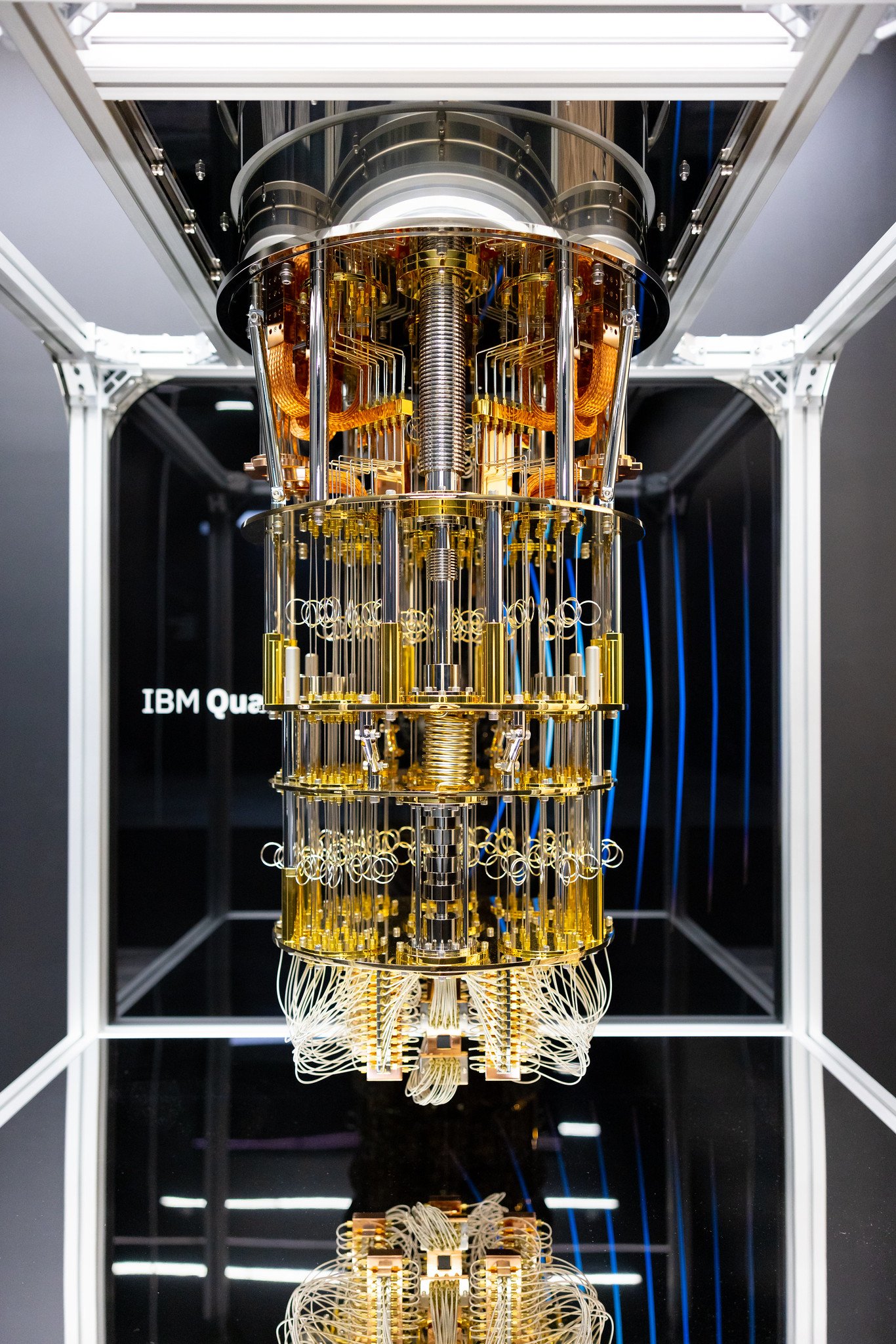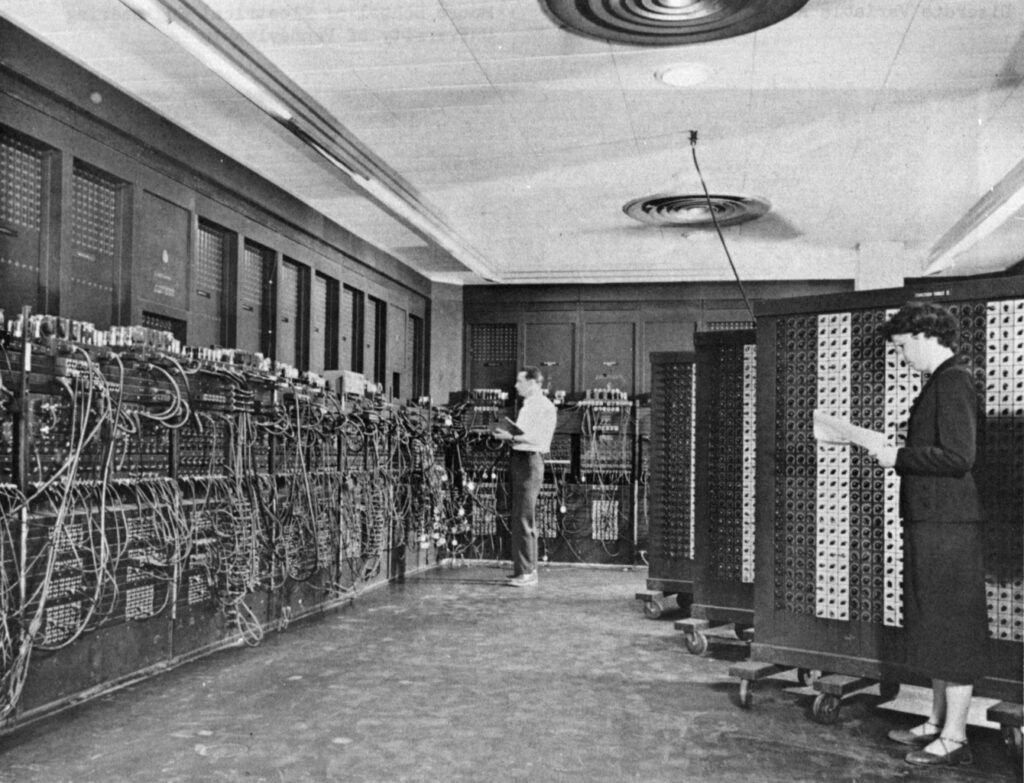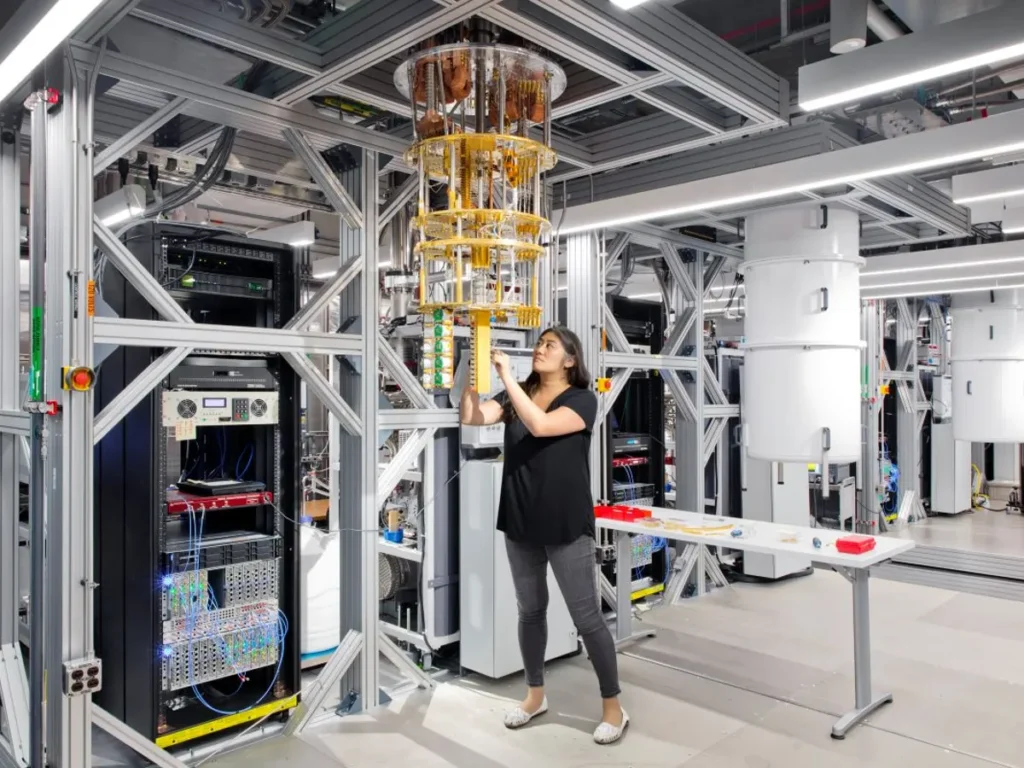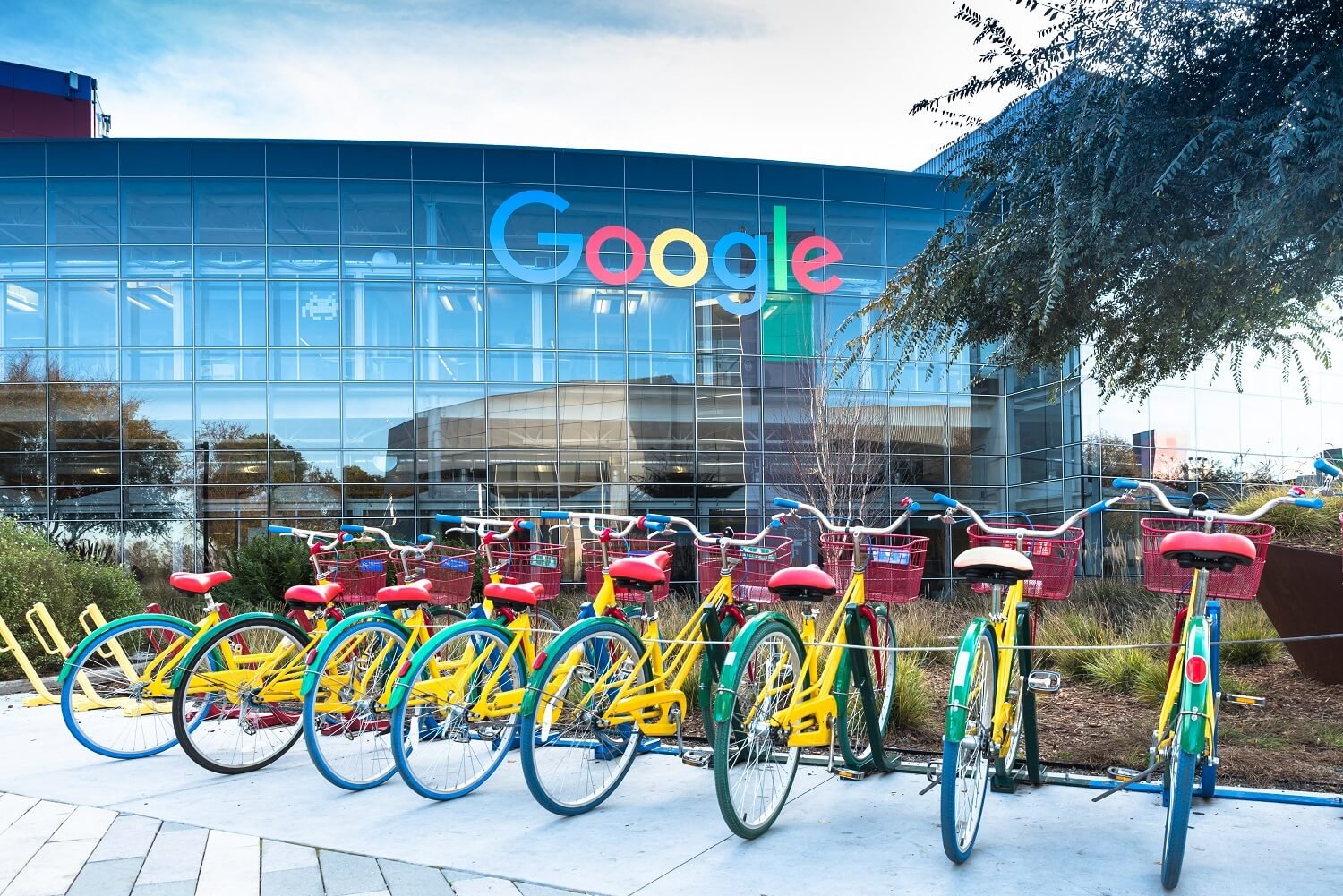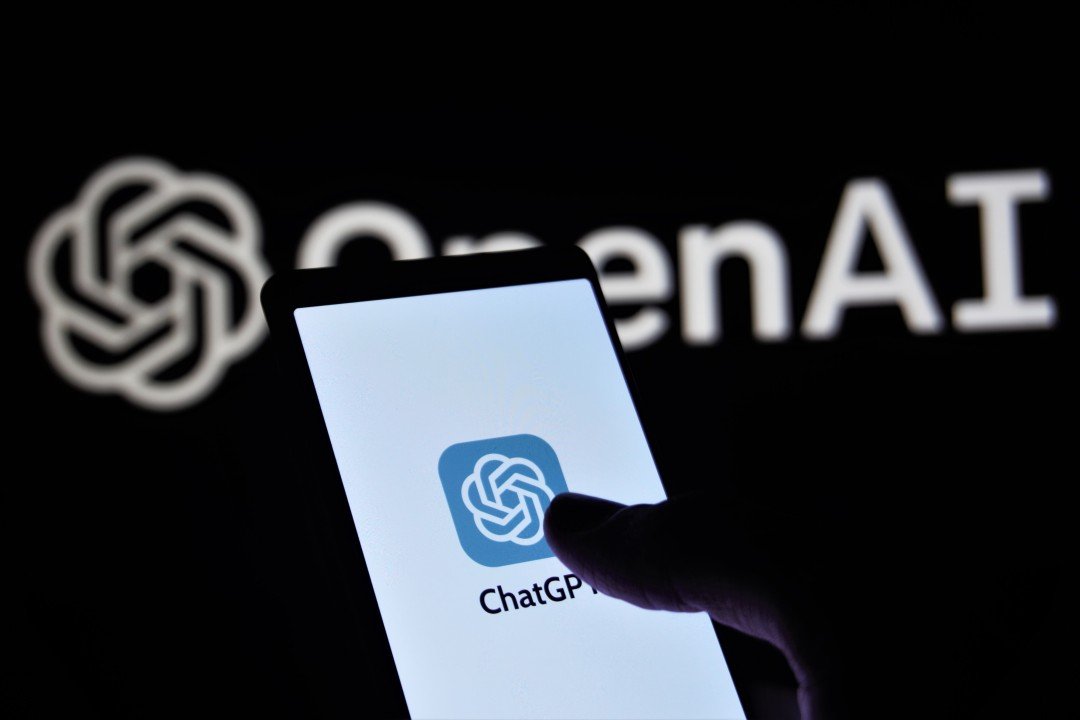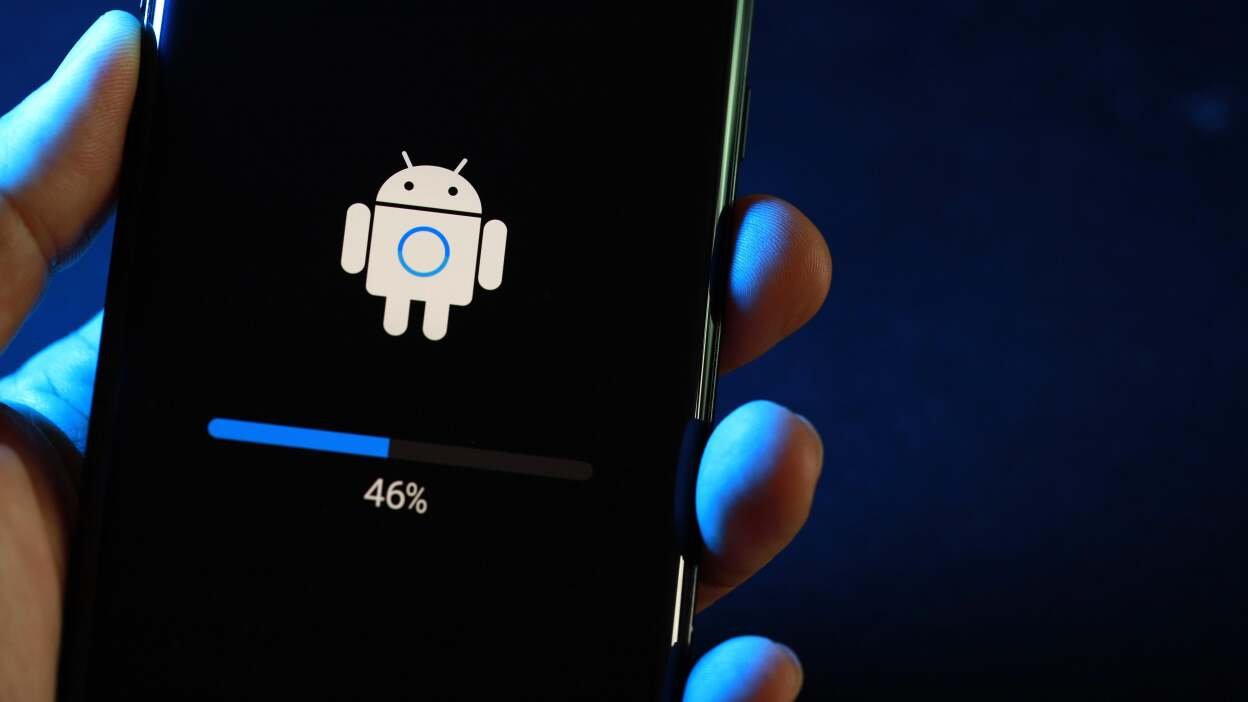Since the first quantum computer in 1998, it’s development has been correlated with the challenge of achieving temperatures just above absolute zero (0 Kelvin or –273.15°C), essential for preserving the quantum states that power these impressive machines.
My background in Computer Science and more than 15 years in the software development field haven’t prepared me to understand this tech, but I will do my best to explore this quantum computing progress.
The cold requirement ensures the quantum bits are in theory undisturbed by the thermal noise from the environment. It is only one degree above absolute zero, so it’s still extremely cold. However, significantly warmer than previously thought possible. And this “small step” of a breakthrough would drastically reduce operational costs and power consumption.
A Word About Quantum Bits (Qubits)
Qubits are the foundation for quantum computers. Unlike binary code from classical computers that can be either 1 or 0, qubits can ‘exist’ in multiple states simultaneously.
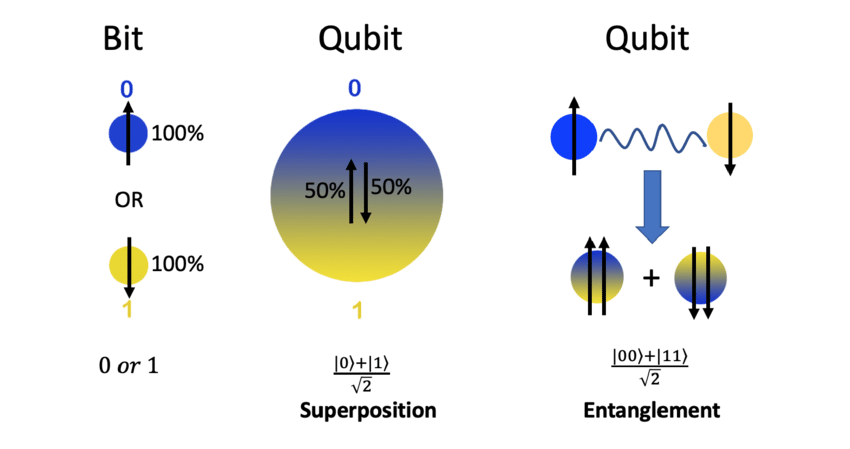
Richard Hopkin from IBM, explains it better:
“Every time you add a new qubit to the quantum computer, and you entangle it into its quantum state and do calculations on it, it doubles the power of the computer,”. “The power of this Eagle machine is two to the power of 127, which is a very big number indeed. It’s about half the number of atoms in the Earth.”
A qubit requires a large refrigeration apparatus to function. And each while added qubit means increase in processing power, it also means the refrigeration becomes harder and harder.
Researchers said that because of the needed cooling and all the cables in sight, it looks like “1940 computers all over again”.
Classical vs Quantum
The eternal physics debate has entered in the last 20 years in computer science as well. Great times!
Still, in classical vs quantum computers, there is an ongoing race. Quantum computers are fast, managing to scale parallel computations, but the classical computers still have a good technological advantage and better operating system that enables them to stay in the race and make up for speed with optimized algorithms.
Hopkin also mentioned:
“We already know that quite a lot of quantum algorithms work – but we are waiting for the machines to have enough qubits to execute coherently for a long enough period to prove that it can go beyond what a super computer can do,”.
Error Correction, A New Frontier
There’s an agreement on the necessity of error correction for quantum computing, but the path to achieving it remains unclear. Because, companies like Microsoft and IBM, alongside various startups, are each trying different technologies, instead of I don’t know, working together?
We are asking too much from corporations, though, let’s get back to the topic.
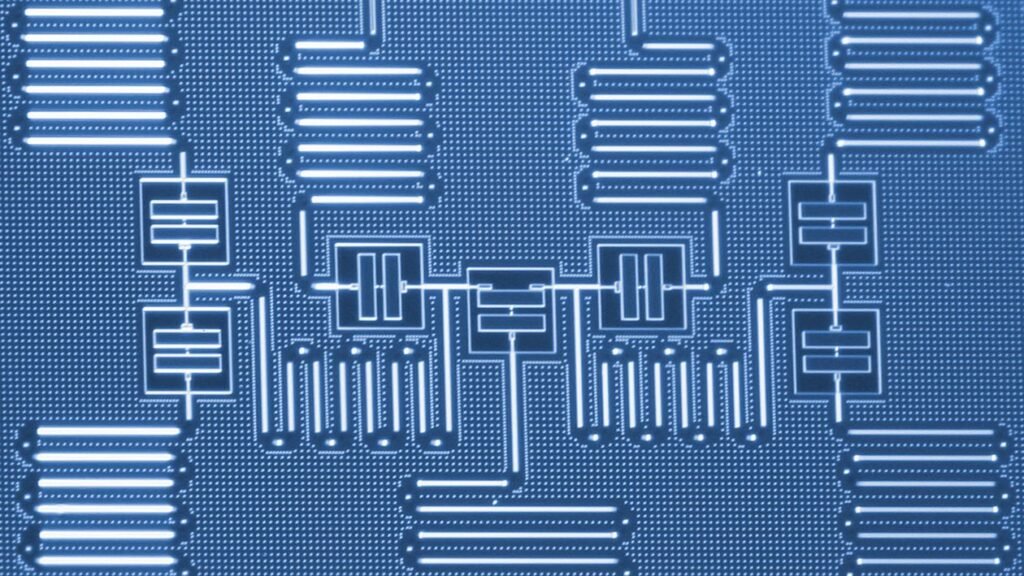
We’ll continue with IBM, their error correction approach is by using superconducting transmons qubits. Without going into too many details, because as of today, my understanding of this technology is also close to the new frontier, the interesting part of transmons is the two-dimensional grid arangement.
For now, error correcting is the frontier, until experimental approaches will be tested in hardware, researchers can only guess for now. We will keep a close eye here and get back later on with a deep dive into error correcting. Because tangible advancements in this field, it will imply a discussion in the cybersecurity realm as well.
In quantum computing, we don’t expect a consumer-friendly device yet, but there are high stakes in science fields:
– Medicine: Drug design, or understanding how molecules behave at a deeper level
– Astrophysics: In short, quantum computers can and will unveil a better understanding of the universe.
